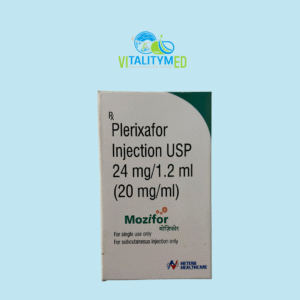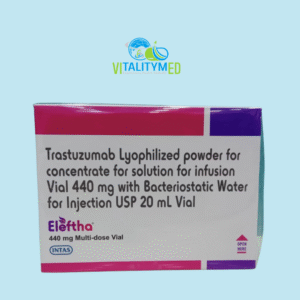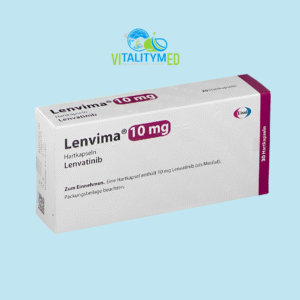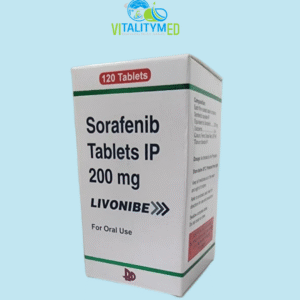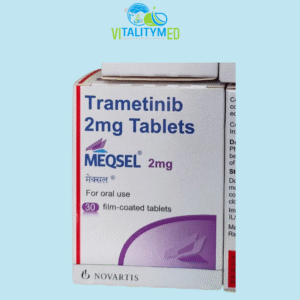Vingraf contains tacrolimus, a potent immunosuppressive medication primarily used to prevent organ rejection in patients who have undergone organ transplants. Tacrolimus helps the body accept a new organ, such as a kidney, liver, or heart, by weakening the immune system’s natural response to foreign tissues. It is also sometimes used in certain autoimmune conditions under specialist supervision.
Mechanism of Action
Tacrolimus works by targeting and inhibiting a protein called calcineurin. This inhibition prevents the activation of T-lymphocytes, which are a critical part of the immune system’s response to what it perceives as foreign bodies, such as a transplanted organ.
By suppressing T-cell activation and the release of inflammatory cytokines, tacrolimus reduces immune attack on transplanted organs, helping them survive longer in the recipient’s body. This action makes it highly effective as a long-term immunosuppressive agent
Uses
Vingraf is prescribed in the following situations:
-
Prevention of organ rejection after kidney, liver, or heart transplantation
-
Treatment of organ rejection in patients not responding to standard therapies
-
Autoimmune diseases, such as severe eczema or lupus nephritis, in selected cases (off-label)
Adverse Effects
Though highly effective, tacrolimus requires close monitoring due to its narrow therapeutic range and potential side effects.Common side effects include:
-
Tremors
-
Headache
-
Nausea
-
Diarrhea
-
Increased blood sugar levels
-
High blood pressure
-
Insomnia
Serious or long-term side effects may include:
-
Kidney dysfunction or elevated creatinine levels
-
Increased risk of infections due to immune suppression
-
Increased risk of certain cancers, especially skin cancers and lymphomas
-
Electrolyte imbalances such as low magnesium or high potassium
-
Neurotoxicity, presenting as seizures or confusion in rare cases
-
-


